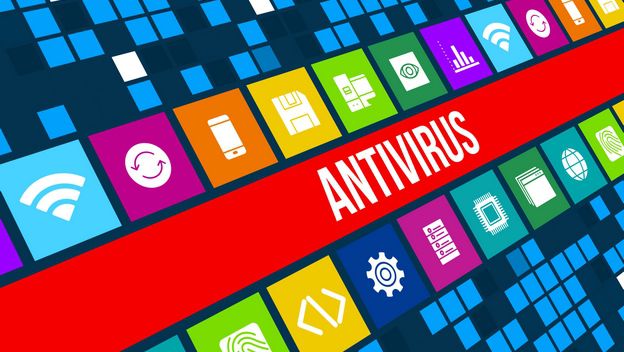
While the stakes are high, malware infections through Internet connections do not post such a severe threat to the Southeast Asia country, Kaspersky said.
Kaspersky’s security specialists said statistics are crucial in showing how and how often a computer can be infected with malware locally through USB, CD, DVD and other connections. The protection will need not only an effective anti-virus solution but also combined management on other factors like firewall, anti-rootkit and all removable devices.
Between April and June, Kaspersky’s security software has detected up to 19.75% of Vietnamese computer users attacked by local threats, ranking Vietnam 20th on the list of countries most vulnerable to cyber-attacks.
Meanwhile, for the threat relating to surfing the Internet, Vietnam ranks 25th worldwide. In April-June, the Kaspersky Lab detected more than 222,000 cases relating to the infection of malwares through the Internet connection among KSN computers. An average of more than 13% of computer users have been attacked by threats from various websites during the period.
According to security specialists, web browsers are the popular channel for malware infection or attacks by hackers who usually take advantage of browser security vulnerabilities, extensions and plug-ins. The attack normally happens when users access an infected website without adequate knowledge of security principles.
Cyber criminals also use another attacking method called social engineering, which tricks users through various relationships on social media. The attack will take place with computer users’ action when they decide to download infected files to their computers. Normally, the criminals convince victims to believe the download is legal, and therefore, an anti-virus solution with real-time protection is required to cope with such attacks.
